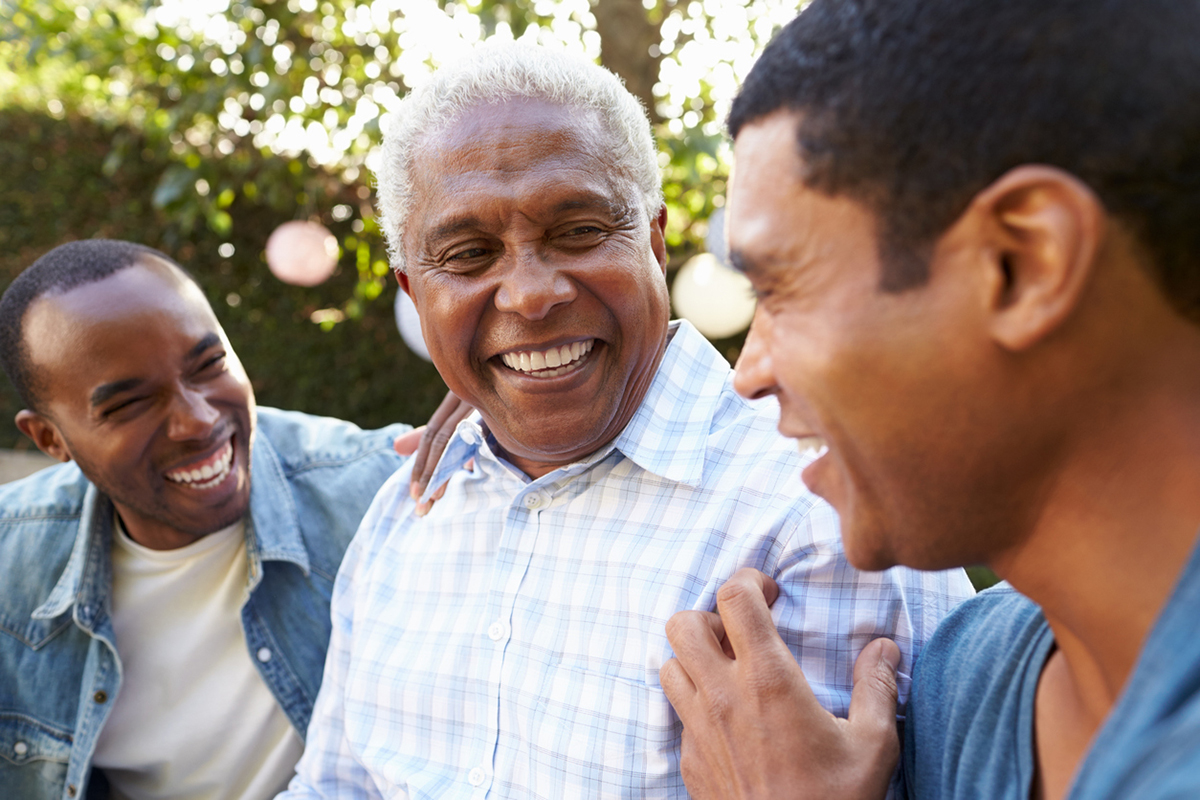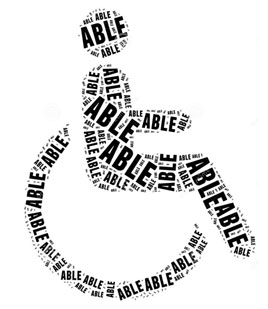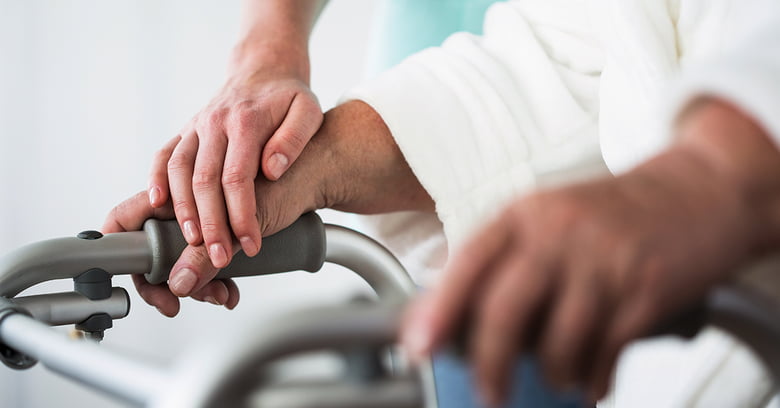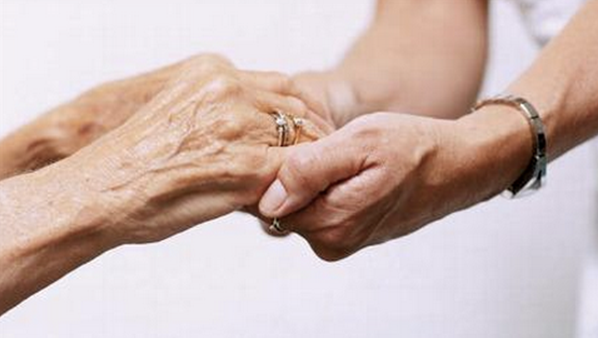You may have heard it before: Someone’s elderly parent or grandparent breaks their hip or had a stroke or any one of the thousands of things that can happen to us when we start drinking Ensure for lunch, and now the family needs to apply for Medicaid for that person’s long term care needs. But the family members are having all types of trouble finding the necessary documents that Medicaid requires, such as marriage certificates, identification, proof of Social Security, tax returns, copies of all financial statements, the list is pretty lengthy. So, what can your parents do now to help you apply for Medicaid for them at some point in the future? 1. Draft a Power of Attorney: Having a














